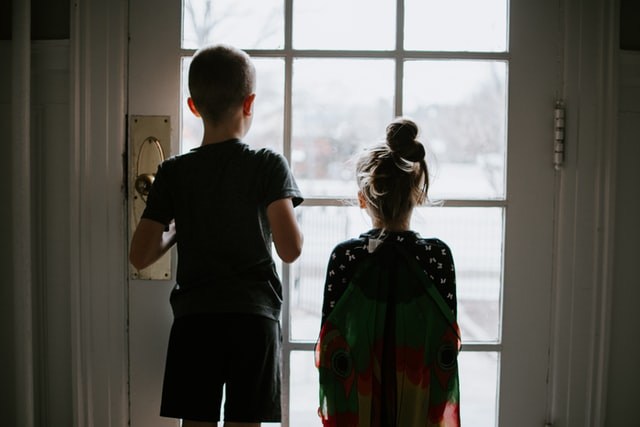To clear up the confusion about the quarantine measures for children following some unclear Government communication over the past week, the Sciensano national health institute is clarifying the rules.
Sciensano stated that it "deeply regrets" the confusion that has been caused by fractured communication, and gave an overview of the latest rules for children under 12 years old.
Asymptomatic children under 12 who had a high-risk contact after being exposed to a roommate with Covid-19 should - like adults - not quarantine if they themselves contracted an infection in the last five months.
However, they should still wear a face mask in indoor areas (for children aged six and over) and limit their contacts, especially with high-risk groups. The other children follow the rules for high-risk contacts according to the vaccination status of the adults they are staying with.
Related News
- Warnings that Covid will spread 'like wildfire' as schools reopen
- Changed testing and quarantine policy: these rules apply from today
- Barely 8% of parents willing to test their child every week
If there is a difference in vaccination status between the adults, the least vaccinated one is taken into account. Therefore, if one of the adults is not fully vaccinated, the child should remain in quarantine. The duration of quarantine and timing of self-test(s) is the same for unvaccinated or partially vaccinated adults.
Over the past few days, confusion has arisen over the practical application of recent changes in quarantine and isolation, and many schools were flooded with phone calls from parents who did not know which rules to apply, but often did not have the answer either.
Additionally, Sciensano also specified that stricter rules apply if four infections occur in the same class in one week (the so-called "emergency brake procedure"). In that case, the class is closed and all children and the teacher, without exception, must go into quarantine for five days. Once out of quarantine, increased caution must be exercised for another five days.
If the child is exposed to the virus in another context, such as in sports club or by a non-resident relative or friend, they are considered a low-risk contact and a test is required for possible Covid-19 symptoms.

